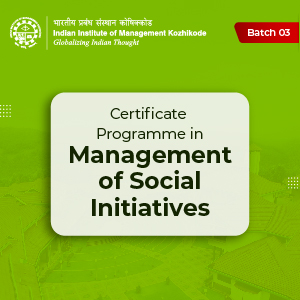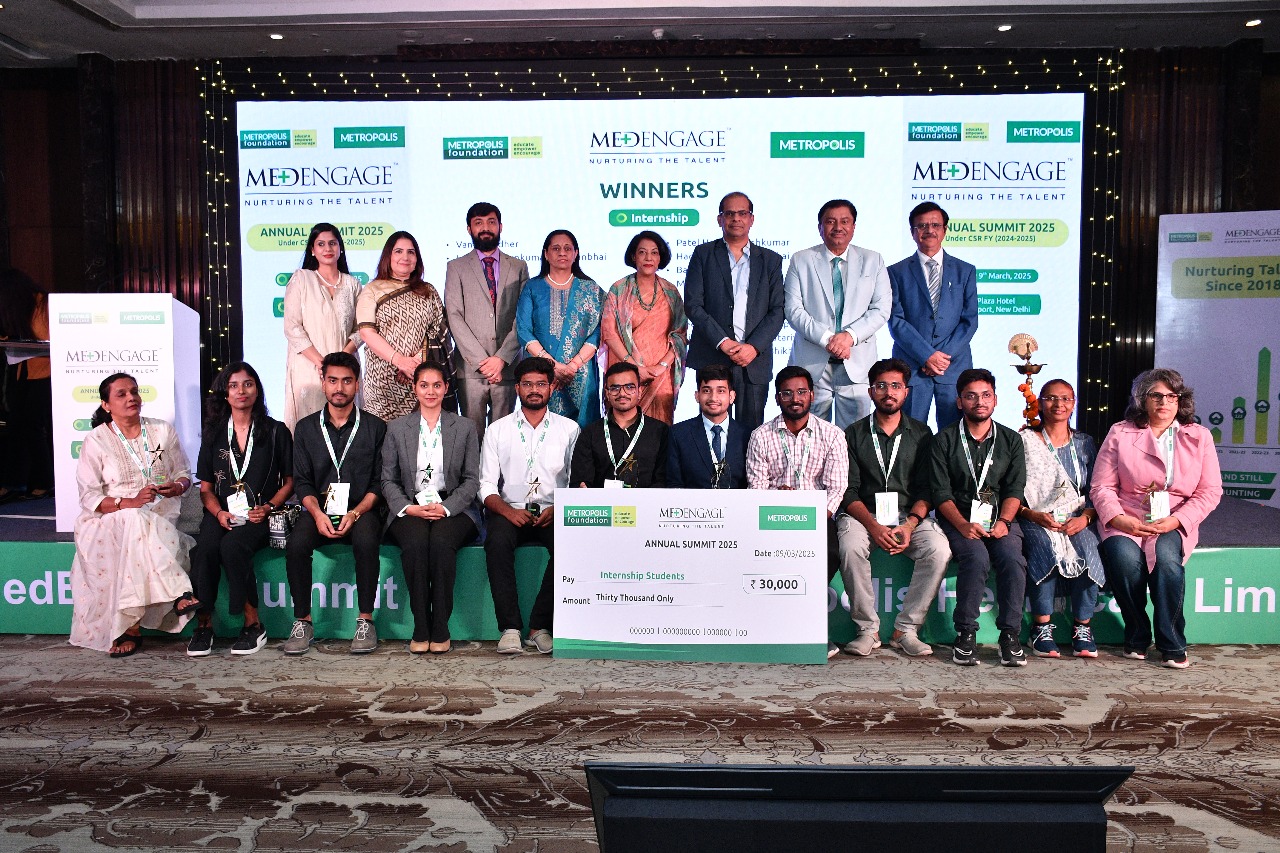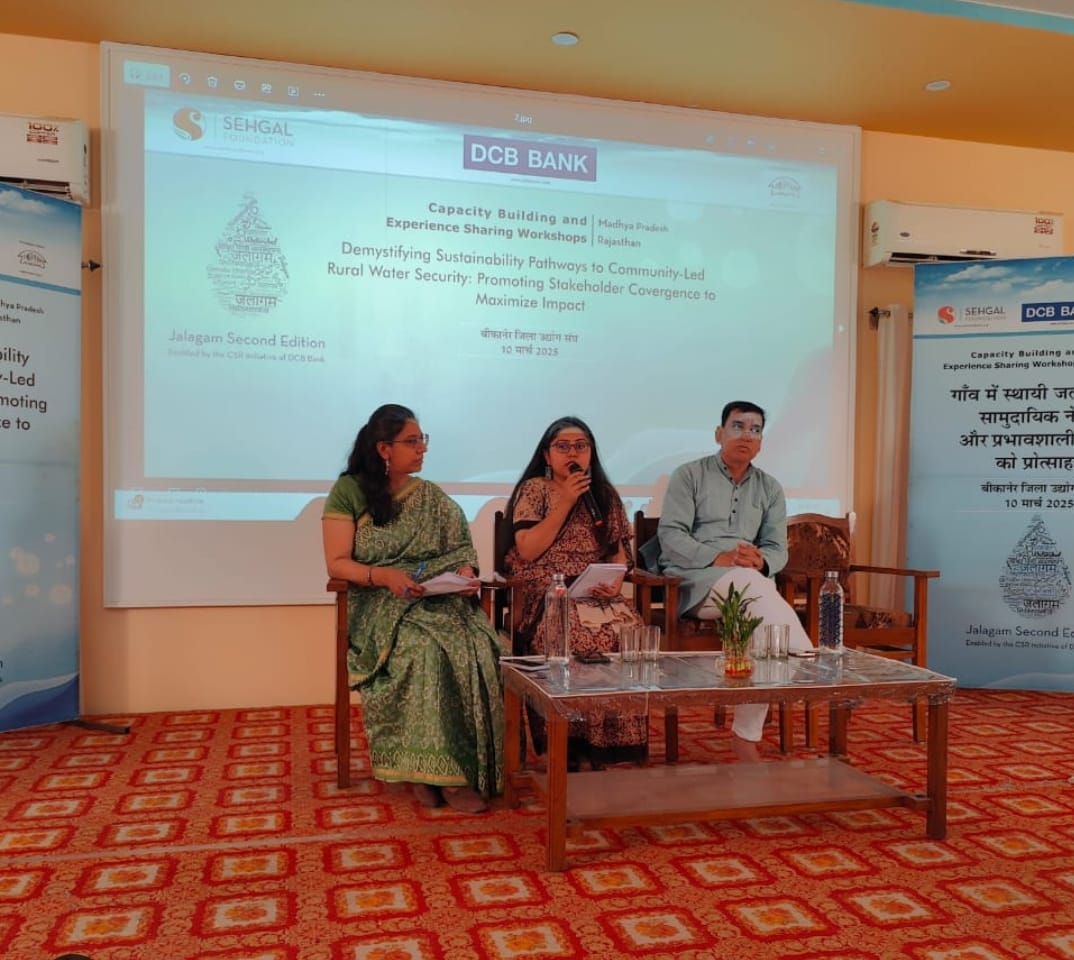Subscribe our Weekly Newsletter
Applications Invited for the Equator Prize 2025

Organization: Equator Initiative
Event Duration: 05 Feb. 2025 - 23 Feb. 2025
Apply By: 23 Feb 2025
About the Organization
The Equator Initiative brings together the United Nations, governments, civil society, businesses and grassroots organizations to recognize and advance local sustainable development solutions for people, nature and resilient communities.
About the Event
The Equator Prize, organized by the Equator Initiative within the United Nations Development Programme, is awarded biennially to recognize outstanding community efforts to reduce poverty through the conservation and sustainable use of biodiversity. As sustainable community initiatives take root throughout the tropics, they are laying the foundation for a global movement of local successes that are collectively making a contribution to achieving the Sustainable Development Goals (SDGs). As local and indigenous groups across the tropics demonstrate and exemplify sustainable development, the Equator Prize shines a spotlight on their efforts by celebrating them on an international stage.
This year’s Equator Prize will recognize innovative initiatives that showcase how action on nature, led by Indigenous Peoples and local communities, can provide effective climate solutions, and demonstrate effective pathways to transform our global systems for people and Planet. Winning initiatives will be honored for their successes in protecting, restoring, and/or sustainably managing nature for nature-positive development outcomes.
Thematic priorities include:
Nature for Climate Mitigation, Adaptation and Resilience. Actions to protect, conserve, and restore forests, mangroves, peatlands, soils, oceans, and marine ecosystems, as well as actions to build climate-resilient food systems and develop regenerative agriculture and forestry practices to adapt to climate change. These include actions to:
- Maintain intact ecosystems as they sequester better; forests, mangroves, peatlands, and soils are the greatest natural carbon stores;
- Uphold Indigenous Peoples’ land tenure, governance, rights, and Traditional knowledge, as they are essential to protect forests and key ecosystems;
- Achieve forest protection through participatory monitoring and large-scale mapping and spatial planning efforts;
- Recognize and allow Indigenous land defenders and local youth activists to lead initiatives for climate mitigation, justice, and build community resilience to adapt to climate change;
- Tackle water security, which is key for life, by protecting and restoring ecosystems critical to water resources at all levels, including continental;
- Transform our food systems to be more climate-resilient, less carbon-intensive, and adaptable to climate change; and
- Promote nature-based solutions to reduce the impacts of natural disasters, such as floods and droughts, by restoring and protecting key ecosystems.
Nature for a Just Transition. Actions to green the economy in a way that is as fair and inclusive as possible for all members of society, including Indigenous Peoples and local communities, while creating decent work opportunities and leaving no one behind. These efforts demonstrate how solutions led at the local-level can contribute to a global value shift, including an economic and financial shift. Harnessing circular economy and reusing materials to reduce the need for resource extraction and minimize pressure on wildlife and threats to biodiversity. Shaping a nature-positive future by rethinking business as usual as an opportunity to sustainably manage and regenerate nature and catalyze low-carbon economies. These include actions to:
- Show that Indigenous Peoples and local communities can create and lead successful enterprises and bioeconomy models;
- Prove that effective local green solutions can reduce inequalities, improve livelihoods, enhance responsible production and consumption, and create inclusive, resilient, and low-carbon economies, while also bringing health benefits;
- Demonstrate that micro, small, and medium enterprises (MSMEs) and Indigenous-led economies show viable solutions to climate and opportunities for nature regeneration and economic transformation;
- Initiate new models of climate finance and funding mechanisms can be put in place to fund resilience, adaptation, and climate action; and
- Respect Indigenous Peoples’ rights as essential to building a new sustainable and thriving economy.
Eligibility
To be eligible for the Equator Prize, the following requirements apply:
- The initiative must have been in existence for at least three years, and/or the actions taken must have been in place for at least three years.
- The nominee must be either a local community-based group, operating in a rural area, based in a country receiving support from the United Nations Development Programme (for a list of eligible countries, see the list below); or an Indigenous Peoples’ community in any country, operating in a rural area.
- The actions taken must be nature-based, and must deliver benefits related to two or more Sustainable Development Goals (SDGs).
How to Apply
For more information please check the Link
Latest Online Store
Latest Tenders And EOIs
Latest News
© Renalysis Consultants Pvt Ltd















.png)











